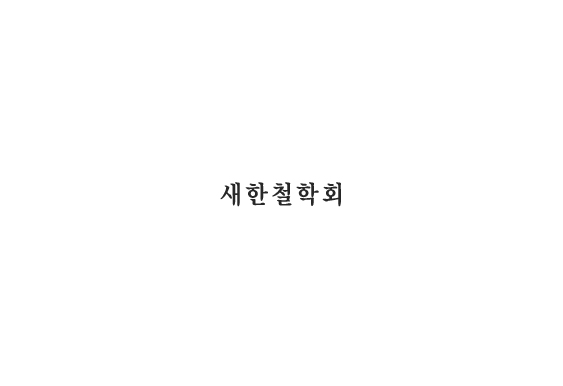철학논총
약어 : 철학논총
2022, vol.108, no.2, pp. 245-263 (19 pages)
발행기관 : 새한철학회
연구분야 : 인문학 > 철학
초록
이 논문은 유가사상에서 공적 행위의 주체를 군자로 보고 공자 시기부터 근대에 이르기까지 군자가 어떻게 해석되었는지를 살폈다. 논문의 제목처럼 큰 사상의 궤적을 살피기보다는 고대의 공자와 성리학 성립기의 주희, 전통이 변혁되던 명말청초 시기의 황종희, 한국에서는 근대 시기의 신채호를 중심으로 맥락의 큰 지점을 살폈다. 『논어』에서 공자가 말하는 군자는 도덕적인 공적 책무의 주체였다. 군자는 공동체를 위한 도덕적 전범으로 비도덕적인 소인과 구분되는 인간상이다. 송대에 오면 주희는 현실적 의미의 표상으로서 군자에 인간과 자연을 설명하는 추상적인 개념을 결합한다. 모든 만물과 공생과 조화를 꾀하는 태도를 궁극적으로 공이라고 할 수 있다. 명말청초 시기의 황종희는 기존의 도덕을 비판하며 새로운 공 인식의 변화를 이끌어 냈다. 근대 한국의 신채호는 황종희와 유사한 맥락에서 새로운 도덕의 가능성을 제시하며 군자를 대신하여 새로운 공적 주체로 신국민과 민중을 제시했다.
This paper considered that a gentleman is the subject of public action in Confucianism and examined how a gentleman was interpreted from the time of Confucius to the modern era. Rather than examining the path of great thought like the title of the paper, it shows big points of the context, focusing on Confucius in ancient times, Zhu Xi in the time of the establishment of Neo-Confucianism, Huang Zongxi in the late Ming and early Qing dynasties when tradition was transformed, and Shin Chae-ho in the modern period in Korea. The gentleman Confucius spoke of in the Analects was the subject of moral and public responsibility. As a moral model for the community, the gentleman is a human figure that is distinguished from the immoral villain. In the Song dynasty, Zhu Xi combined abstract concepts that describe humans and nature with the gentleman as a representation of realistic meaning. The attitude of seeking harmonious coexistence of all things means public eventually. Huang Zongxi in the late Ming and early Qing China led to a new change in public perception by criticizing the existing morality. Shin Chae-ho of modern Korea presented the possibility of new morality in a similar context to Huang Zongxi, and presented the new people and the people as new public subjects on behalf of the gentleman.

